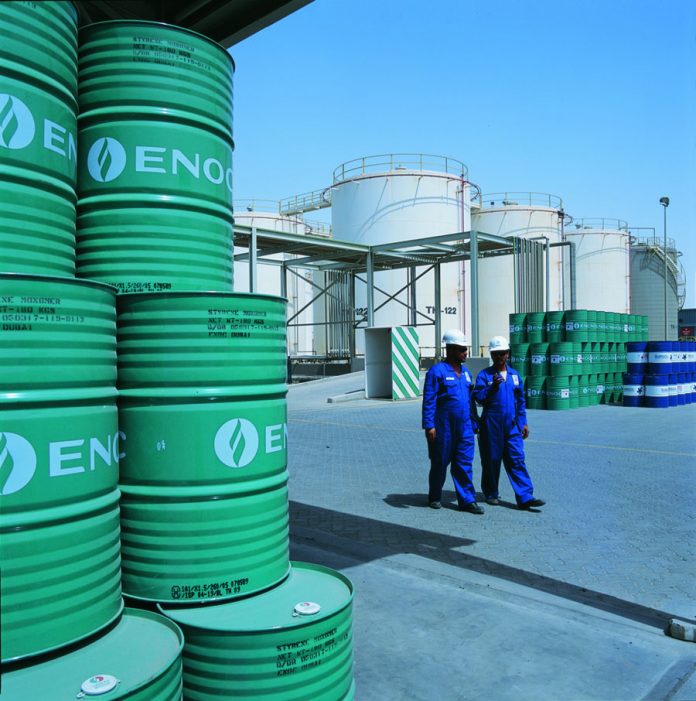
The debate over the impact of peak oil has been raging for decades. Although few deny that the end of mass oil consumption is drawing nearer, educated estimates now range between 2020 and 2030. But more important than the timeframe of peak oil are its consequences. Some seek to spell the end of life as we know it, so reliant is the world upon black gold. Others, equally extreme in their views, embrace the news, looking forward to a time when humanity will magically clean up its act. The truth is somewhere in the middle. Clean energy sources are making major advances as they become cheaper and easier to implement while almost all OEMs have launched lavish research programs into vehicles powered by other means. But the consequences of peak oil are not to be underestimated. Society would undergo a difficult time, given the sheer spread of oil on our culture. Doomsday predictions of civilization having to survive without electricity, or planes being grounded are one thing, but petroleum is a heavy component of many more industries than that.
Agriculture
Industrialized agriculture is a massive consumer of oil, for irrigation, for motorized transport, and for something far more important. It is well-known that the use of fertilizer unlocked the potential of mass agriculture, allowing for the feeding of billions and virtually wiping out starvation and malnutrition in the developed world. Fertilizer may only account for 20% of energy use but it is arguably agriculture’s most important component, after water. The most common chemical mixture for fertilizers, known as the Haber-Bosch, mixes nitrogen with hydrogen to form ammonia, with the hydrogen mostly being extracted from oil. This would seem to indicate the end for such fertilizers once oil resources begin to run out. Thankfully, there is an ongoing debate about how bad this would be. Fertilizer composition has shifted toward using natural gas, with methane used instead of hydrogen. Until we run out of natural gas, it would seem that although we might not be able to drive to McDonald’s, we’ll still be able to make the burgers.
Plastics
In 2011, 2.7% of total petroleum consumption in the U.S. went into the making of plastics. However, this represented liquid petroleum gases and natural gas liquids since the U.S. no longer makes use of crude oil for plastics manufacturing. The same is not true in other countries where oil and gas alike are used for the fabrication of “nurdles”, made out of polystyrene. These small pellets are a form of pre-production plastic that are made in their millions (27 million made in the U.S. annually alone) before being carted off to numerous factories for molding into plastic parts. Daily objects made from nurdles include plastic bottles, jars, cling film, and food containers. While environmentalists have advocated the end of nurdles and of oil use in plastic making, due to the environmental damage this can cause, another reason is that 3 to 4 percent of global oil production goes into plastics manufacturing.
Chemicals
10% of crude oil is refined to provide raw materials for the chemical industries, but this helps to mask the staggering importance of our beloved crude to industries we rely on every day. A full 80% of raw materials for cosmetics come from petroleum, including the majority of components for all waxes, perfumes, dyes, shaving creams, shampoos and conditioners. If you are among those who prefer the “au naturel” look, you’re still in trouble after oil peaks. Glycerin, an important petrochemical byproduct, is a vital component to the manufacturing of laundry and washing-up detergents.
Healthcare
The days of smearing crude oil directly onto wounds to heal them is thankfully long gone. However, from war veterans seeking a replacement limb to young children who run with scissors, crude oil still helps. Bandages and artificial arms and legs alike, as well as glasses and heart valves, are made from petroleum-derived products. The use of crude oil as a feedstock for pharmaceuticals makes companies stand out like Bayer and Pfizer major oil consumers. Furthermore, healthcare is doubly at risk, given its massive use of plastics for packaging, surgical materials and other uses. In 2010 alone, 3.4 billion pounds of plastics were used in the healthcare industry, meaning that an oil shortage would hit doctors and patients alike very hard.
Homeopathy
Remember 123 words ago when we told you the days of smearing crude oil on wounds was gone. Well, not quite. Amusingly, for all the anti-oil campaigning that comes from the left, practitioners of homeopathy still distill petroleum and claim that it can help cure anything from migraines to eczema. Apparently, the distillation of crude petroleum and sulfuric acid blended together can be a powerful remedy for psoriasis when spread over sores or to help settle an upset stomach. While evidence of this is purely circumstantial, perhaps the oil industry would be surprised to find unlikely defenders coming to its aid.





































